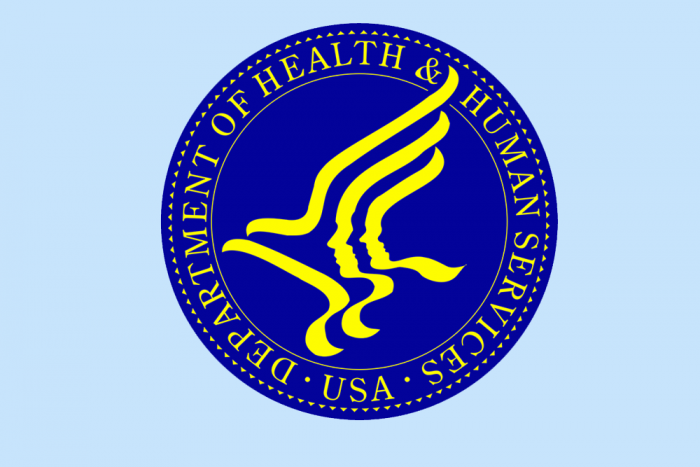The US Department of Health and Human Services (HHS) has updated the regulations that prohibit discrimination based on disabilities to clarify obligations in several critical areas. Specifically, the rule:
- Ensures that medical treatment decisions are not based on negative biases or stereotypes about individuals with disabilities, judgments that an individual with a disability will be a burden on others, or dehumanizing beliefs that the life of an individual with a disability has less value than the life of a person without a disability.
- Prohibits the use of any measure, assessment, or tool that discounts the value of a life extension on the basis of disability to deny, limit, or otherwise condition access to an aid, benefit or service.
- Defines what accessibility means for websites and mobile applications and sets forth a specific technical standard to ensure that health care and human service activities delivered through these platforms are readily accessible to and usable by individuals with disabilities.
- Adopts the U.S. Access Board’s standards for accessible medical diagnostic equipment, like exam tables and mammography machines.
- Details requirements to ensure nondiscrimination in the services provided by HHS funded child welfare agencies, including, but not limited to, reasonable efforts to prevent foster care placement, parent-child visitation, reunification services, child placement, parenting skills programs, and in- and out-of-home services.
- Clarifies obligations to provide services in the most integrated setting, like receiving services in one’s own home, appropriate to the needs of individuals with disabilities.
Additionally, the Final Rule updates existing requirements to make them consistent with the American with Disabilities Act (ADA), as many HHS recipients are also covered by the ADA. This consistency will improve and simplify compliance.
View the full press release here. If you have any questions, please contact Fady Sahhar.








